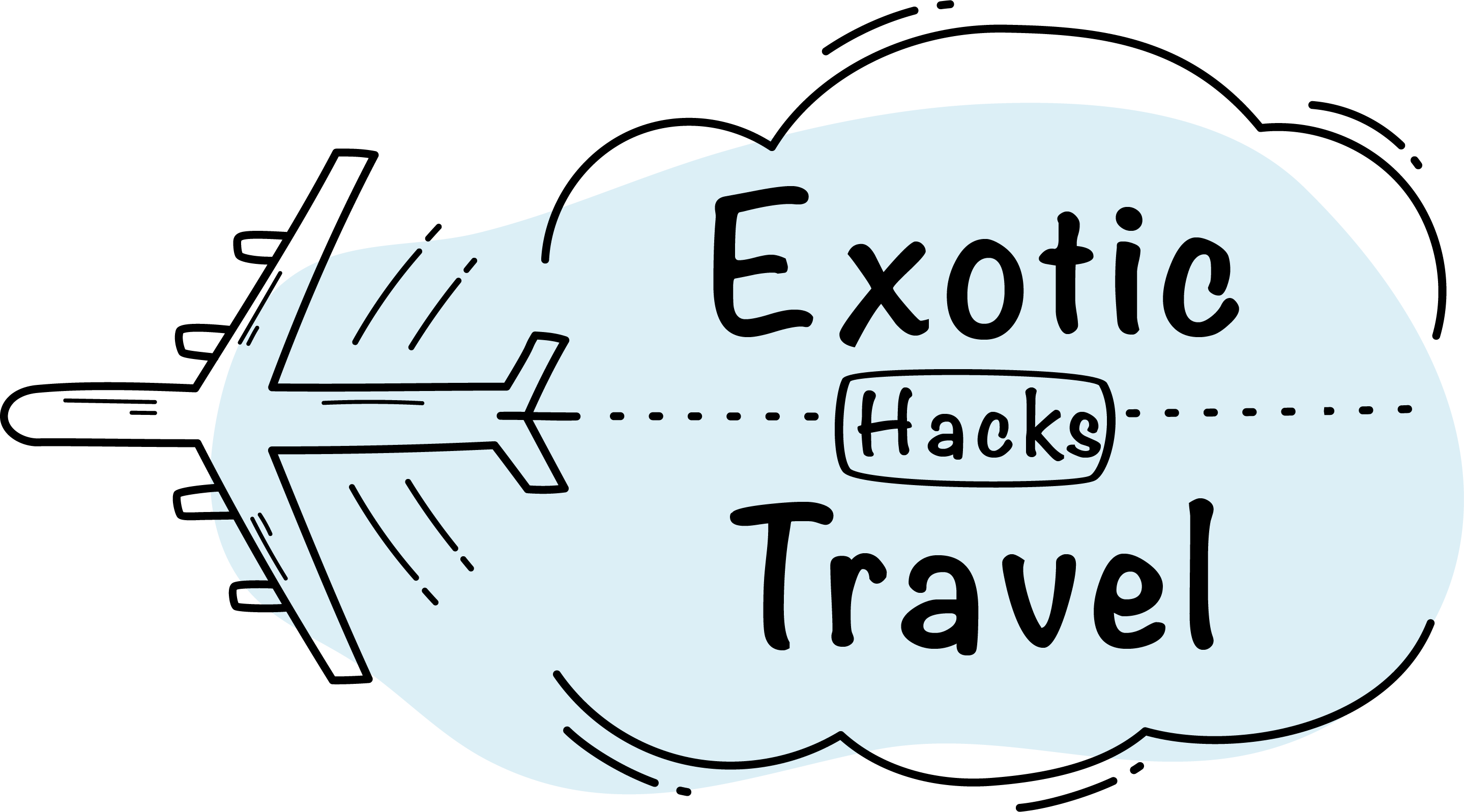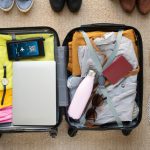Table of Contents
Getting lost in a Tokyo suburb at midnight with zero Japanese language skills taught me more about cross-cultural communication than any guidebook ever could. After spending a year navigating life in Japan – and helping countless other expats do the same – I’ve developed a bulletproof system for navigate language barriers in countries where you don’t speak the language.
The Myth of Language Fluency
Here’s the truth nobody tells you: you don’t need to be fluent to successfully navigate daily life abroad. What you need is a strategic approach to communication. During my first week in Tokyo, I couldn’t even order coffee correctly. By month three, I was handling apartment maintenance requests and banking issues with barely 50 words of Japanese. It’s not about how many words you know – it’s about how effectively you use them.
The Essential Pre-Trip Toolkit
Before you even board the plane, build your digital arsenal. Google Translate isn’t perfect, but its offline mode is invaluable. Download the language pack for your destination country – you’ll thank me when you’re trying to decipher a menu in a basement restaurant with no cell signal. Google Lens is another game-changer: point your camera at any text, and it translates in real time. I used it to decode everything from washing machine instructions to medicine labels.
The Power of Visual Communication
Your phone’s camera roll should become your second language. I keep a folder of photos showing my allergies, dietary restrictions, and important medical information. When words fail, pictures never do. I once successfully explained a complex plumbing problem to my landlord by showing photos of similar issues I found online. Create your visual dictionary before you need it – screenshot common items, problems, and situations you might need to discuss.
Mastering Non-Verbal Communication
Body language accounts for over 50% of human communication, and it’s your secret weapon in foreign countries. However, be careful – gestures that are perfectly innocent in your home country might be offensive elsewhere. Learn the basic body language rules of your destination. In Japan, I quickly learned to bow instead of extending my hand for handshakes. Never underestimate the power of a smile and respectful demeanor – they’re universal peacekeepers.
The 100-Word Strategy
Focus on learning the right words, not all the words. I developed what I call the 100-word strategy: learn the 100 most practical words for your specific needs. Skip the tourist phrases and focus on your daily life requirements. My essential list included words for dietary restrictions, numbers, basic directions, and emergency terms. Add in please, thank you, excuse me, and sorry – these four words alone can smooth over countless awkward situations.
Emergency Communication Plan
Create a written emergency plan before you need it. Save essential phrases in your phone’s notes app, both in English and the local language. Include your address, important medical information, and emergency contact numbers. I keep screenshots of my location in Google Maps and photos of nearby landmarks – invaluable when trying to explain my location to a taxi driver at 2 AM.
The Local Ally System
Build a network of local allies immediately. Within your first week, identify key people who can help in crucial situations – a neighbor, a colleague, or even a friendly convenience store clerk. Exchange contact information and establish how they prefer to communicate (WhatsApp, LINE, WeChat, etc.). My neighbor’s phone number saved me countless times, from package delivery issues to late-night medical emergencies.
Technology as Your Backup
While apps shouldn’t be your only solution, they’re excellent backup tools. Besides translation apps, consider:
- Local transport apps with English interfaces
- Food delivery apps that allow English ordering
- Banking apps with multiple language options
- Local social media platforms to connect with expat communities
The Restaurant Survival Guide
Restaurants deserve their strategy because food-related miscommunications can range from amusing to dangerous. Take photos of meals you enjoy – showing a picture is easier than attempting to describe it. Learn to recognize basic food characters or symbols. Keep a card with dietary restrictions in the local language. I once avoided a severe allergic reaction because I had “shellfish allergy” written in Japanese on my phone.
Common Pitfalls to Avoid
Many travelers make the same mistakes when dealing with language barriers. Relying solely on translation apps is a common one – technology can fail when you need it most. Another mistake is assuming that someone who speaks basic English can handle complex conversations. I once spent an hour trying to explain a visa issue to someone who could chat about the weather but couldn’t grasp legal terminology. Speaking louder doesn’t make you more understandable – it just makes you look disrespectful.
Cultural Context Matters
Understanding cultural context can be more important than knowing the language. In many Asian countries, saying “no” directly is considered rude. I learned to recognize subtle refusals and adjust my communication style accordingly. Pay attention to how locals interact – volume levels, personal space, and greeting customs. Mimicking these subtle cultural cues often matters more than perfect grammar.
The Confidence Factor
Anxiety about language barriers often causes more problems than the barriers themselves. Approach each interaction with confidence and patience. Most locals appreciate your efforts to communicate in their language, even if you make mistakes. I’ve found that showing respect and genuine effort usually results in people going out of their way to help you.
Building Language Skills Naturally
While you don’t need fluency, gradually building your language skills makes life easier. Use your daily interactions as learning opportunities. Label items in your home with local language sticky notes. Listen to local radio during your commute. Watch local TV shows with subtitles. Every small interaction is a chance to learn something new.
Your Communication Backup Plan
Always have a backup plan for important communications. For crucial conversations, like medical appointments or legal matters, arrange for an interpreter in advance. Many cities have volunteer interpreter services or language exchange groups willing to help. Keep important documents translated and easily accessible on your phone.
Making It Work: Navigate Language Barriers
The key to navigating language barriers isn’t perfect language skills – it’s adaptability and preparation. Build your communication toolkit, respect local customs, and remember that most people want to help if you approach them with respect and patience. Ready to take on the world, one gesture at a time?

I’m Garrett, a seasoned photojournalist with a passion for uncovering the world’s hidden treasures. My journey is fueled by a deep curiosity for diverse cultures and breathtaking landscapes. When I’m not behind the lens capturing the world’s wonders, you can find me exploring underwater realms or sharing my passion for discovery with my two adventurous children.




